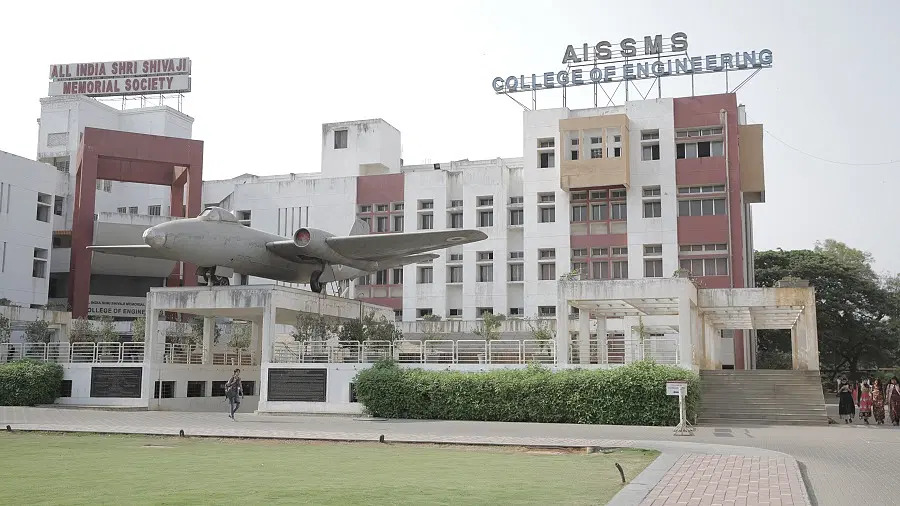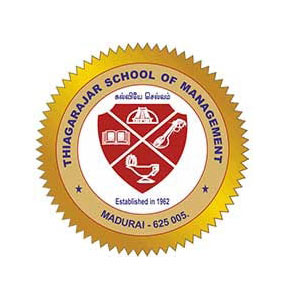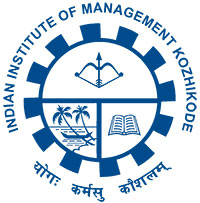Computer Engineering
One of the Best Computer Engineering College in Pune, India – AISSMS College Of Engineering was started in the year 1998. The goal of the Department is to prepare students for successful careers in software and hardware industry that meets the needs of Indian and multinational companies and to excel in higher studies. The Department has experienced and dedicated faculty members with strong commitment to the engineering education and professional ethics.
Ranking and Achievement AISSMS College of Engineering have started newly Master degree (PG) course (ME) in Artificial Intelligence and Data Science in Department of Computer Engineering from Academic Year 2021-22
Recently from the academic year 2021-22, PhD Research center for the Computer engineering has been started.
Intake of Computer Engineering Department:
|
Undergraduate & Postgraduate |
Annual Intake |
|
|
UG |
PG in Artificial Intelligence and Data Science |
|
|
Computer Engineering Div A |
60 |
18 |
|
Computer Engineering Div B |
60 |
|
|
Ph.D. Computer Engineering |
||
Programme Outcomes (PO):
PO1. Engineering knowledge: Apply the knowledge of mathematics, science, engineering fundamentals, and an engineering specialization to the solution of complex engineering problems.
PO2. Problem analysis: Identify, formulate, research literature, and analyze complex engineering problems reaching substantiated conclusions using first principles of mathematics, natural sciences, and engineering sciences.
PO3. Design/development of solutions: Design solutions for complex engineering problems and design system components or processes that meet the specified needs with appropriate consideration for the public health and safety, and the cultural, societal, and environmental considerations.
PO4. Conduct investigations of complex problems: Use research-based knowledge and research methods including design of experiments, analysis and interpretation of data, and synthesis of the information to provide valid conclusions.
PO5. Modern tool usage: Create, select, and apply appropriate techniques, resources, and modern engineering and IT tools including prediction and modeling to complex engineering activities with an understanding of the limitations.
PO6. The engineer and society: Apply reasoning informed by the contextual knowledge to assess societal, health, safety, legal and cultural issues and the consequent responsibilities relevant to the professional engineering practice.
PO7. Environment and sustainability: Understand the impact of the professional engineering solutions in societal and environmental contexts, and demonstrate the knowledge of, and need for sustainable development.
PO8. Ethics: Apply ethical principles and commit to professional ethics and responsibilities and norms of the engineering practice.
PO9. Individual and teamwork Function effectively as an individual, and as a member or leader in diverse teams, and in multidisciplinary settings.
PO10. Communication: Communicate effectively on complex engineering activities with the engineering community and with society at large, such as, being able to comprehend and write effective reports and design documentation, make effective presentations, and give and receive clear instructions.
PO11. Project management and finance: Demonstrate knowledge and understanding of the engineering and management principles and apply these to one’s own work, as a member and leader in a team, to manage projects and in multidisciplinary environments.
PO12. Life-long learning: Recognize the need for, and have the preparation and ability to engage in independent and life-long learning in the broadest context of technological change.
Programme Specific Outcomes (PSO):
PSO 1. Students are able to devise, analyze and implement algorithms.
PSO 2. Students are able to exhibit their IT based knowledge for the development of Society.
PSO 3. Enhance communication and leadership skills to get good position in National and International Organizations.
Program Educational Objectives
PEO1: To prepare the graduates for successful careers in IT industry, by developing their ability to solve computing problems in multidisciplinary environment.
PEO2: To develop ability among the graduates to analyze data and technical concepts for various application development of real-life.
PEO3: To Motivate and provide graduates various opportunities for further studies, team work and successful career in their chosen domain.
PEO4: To motivate and encourage graduates to understand their social, ethical and cultural responsibilities as well with their professional responsibilities.






